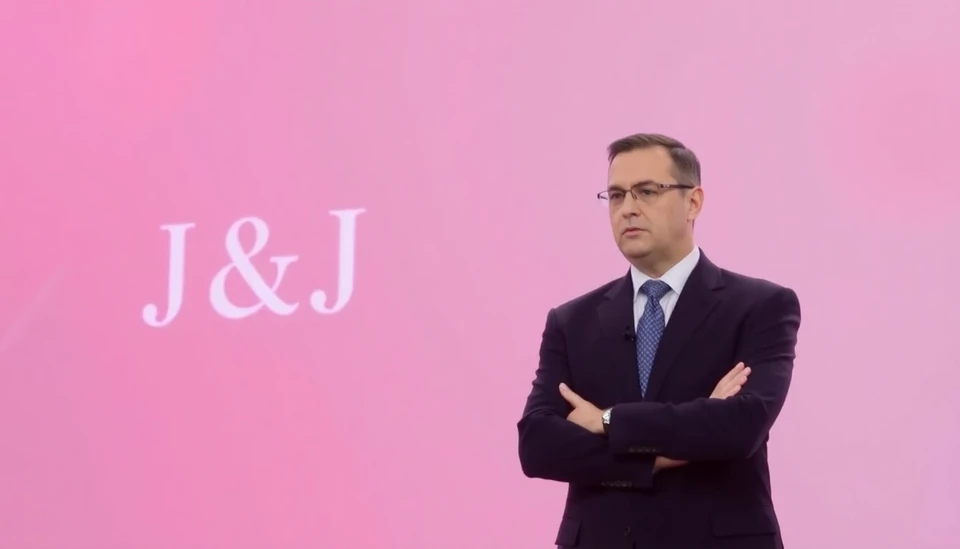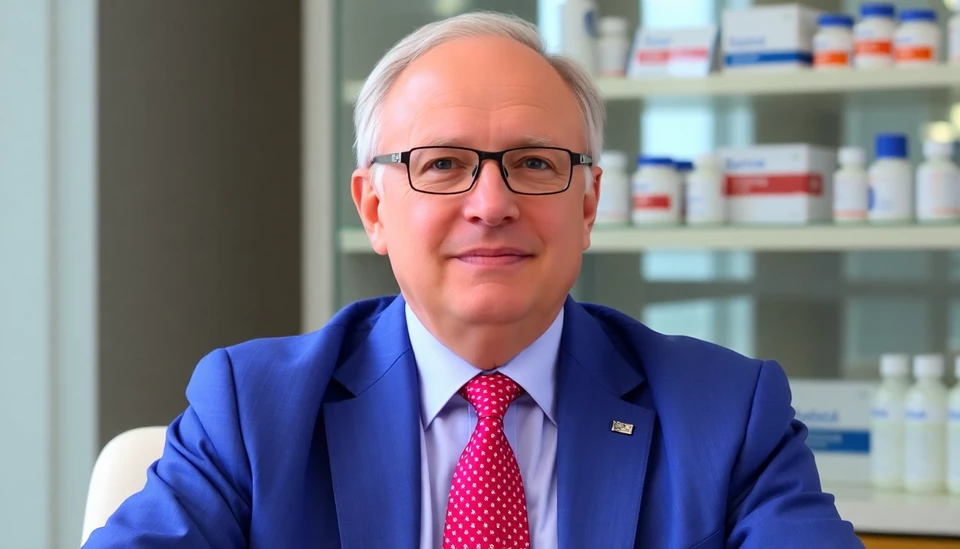
In a significant development within the pharmaceutical industry, AstraZeneca and its partner Daiichi Sankyo have decided to withdraw their application for the marketing authorization of a lung cancer treatment in the European Union. This decision comes as a blow to both companies, particularly after they had invested substantial resources into the drug's development and regulatory approval.
The drug in question, designed for the treatment of certain patients suffering from lung cancer, was anticipated to be a potential breakthrough in oncology. However, the results of recent trials and subsequent feedback from regulatory authorities have prompted the companies to reassess their application, leading to the withdrawal announcement. The specific reasons for the withdrawal have not been publicly detailed, but industry insiders suggest that concerns regarding the efficacy or safety profile of the treatment may have played a role.
Analysts note that this withdrawal is a setback for AstraZeneca, which has been working diligently to expand its oncology portfolio. The company has been under pressure to deliver new treatments as competition intensifies in the cancer therapeutic space, with numerous firms racing to bring innovative solutions to market. The cancellation of this application may hinder AstraZeneca's strategic plans to solidify its presence in the lung cancer treatment arena.
Investors reacted cautiously to the news, as the market reflected anxieties over the implications of the withdrawal. AstraZeneca's share prices faced downward pressure, highlighting the financial repercussions that often accompany regulatory setbacks in the pharmaceutical sector. As a company that has shown a robust commitment to research and development, the need for clarity and transparency regarding future plans is heightened in light of this recent news.
Both AstraZeneca and Daiichi Sankyo have emphasized their commitment to research and innovation within the field of oncology. Despite this recent bump in the road, the companies remain involved in various initiatives aimed at developing effective cancer treatments. Future endeavors may include revised studies or new drug applications that could better align with regulatory expectations and patient needs.
This withdrawal illustrates the complexities faced by pharmaceutical companies as they navigate the intricacies of drug development and approval processes, especially in competitive therapeutic areas. Stakeholders are keenly watching how AstraZeneca will respond to this challenge and what steps they will take moving forward to regain momentum in the oncology market.
As the situation unfolds, updates regarding subsequent initiatives from AstraZeneca and Daiichi Sankyo will be crucial for investors and patients alike. The landscape of lung cancer treatment continues to evolve, and both companies are expected to keep their focus on advancing treatments that can effectively address this critical health issue.
Overall, while the withdrawal of the EU application is undoubtedly a setback, it also opens the door for further innovation and re-evaluation of strategies within the context of a rapidly changing medical landscape.
#AstraZeneca #DaiichiSankyo #LungCancer #Pharmaceuticals #RegulatoryWithdrawal #CancerTreatment #Oncology #HealthcareInnovation #Investing #PharmaNews
Author: Samuel Brooks




